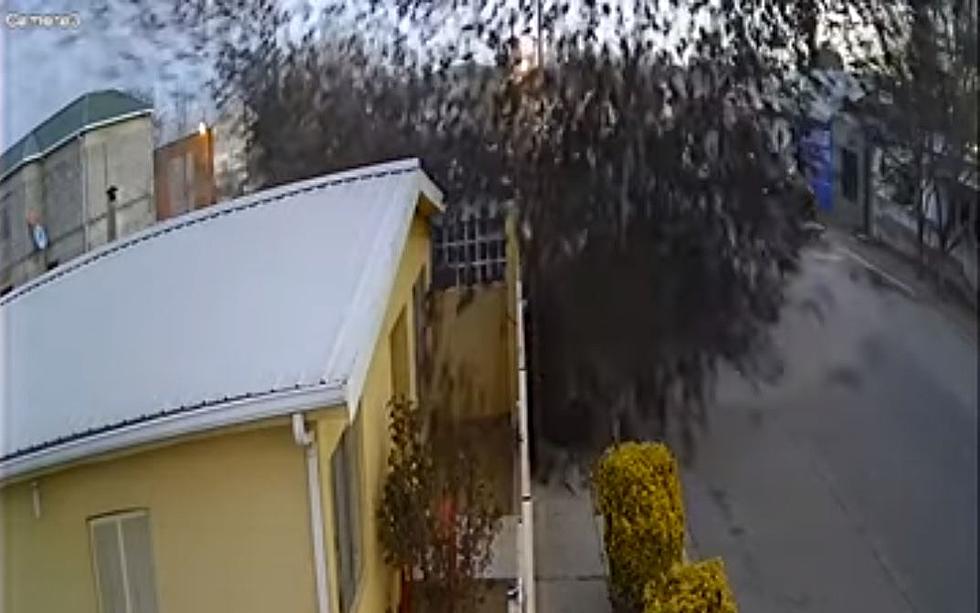
Bird Flu Spreading – Should Feeders Come Down in Louisiana?
Some of the most enjoyable moments of the day, at least for me, are those predawn hours when I can sit outside and listen to the birds greeting the morning sun with their songs from the treetops. We encourage the birds to come to our house and our backyard. We have several bird feeders placed throughout the yard so we can watch the birds from the patio or a bedroom window.
But is what we are doing and what hundreds of thousands of Louisiana bird lovers are doing the wrong plan of action when it comes to protecting the health and welfare of our feathered friends? If you're not aware the planet is in the midst of another "health crisis". It's avian influenza or H5N1. That's its technical name.
Many of you are aware that the avian or bird flu has already affected the poultry industry around the world. You may have noticed price increases for eggs and chicken and other poultry at your local grocer. Most of these price increases can be blamed on the current outbreak of avian influenza.
But does the disease affect songbirds or birds that inhabit our backyards or even hummingbirds? And are the feeders that we place in our yards to help the birds actually more of a detriment to their survival? And does it increase our risk as humans of contracting the disease?
As of now, the answer is not exactly clear. Scientists do say that avian flu is not as prevalent in songbirds as it is in poultry. Therefore it's uncertain if the virus can be spread through community feeders by those types of birds. The speculation is that songbirds do carry a very low risk of spreading the disease unless you happen to keep chickens or poultry around your place.
If that's the case then you might be better served to remove any bird feeders for songbirds from your property, at least for the time being. And if you don't have chickens or poultry nearby avian experts are still suggesting you remove your current feeders and give them a good cleaning. The same can be said for your bird baths too. Oh, and about the birdbaths, those can be breeding grounds for mosquitoes so make sure you take precautions against that too.
Hummingbird feeders are not without risks for the transmission of the virus but they don't appear to be as large of a risk as the more traditional style bird feeders are. However, if you live in an area where bird flu has become widespread you might want to consider taking yours down for a while.
So where are most of the bird flu cases being reported?
This map from the United States Department of Agriculture shows where cases have been confirmed. The pending cases are not noted on this map.
The good news for Louisiana's bird lovers is that so far there have been no cases reported in Louisiana or Arkansas for that matter. At least according to data that was published earlier this month. Texas does have cases pending and more than 20 other states have either pending or confirmed cases on their books.
So, there is no specific guidance that suggests bird lovers in Louisiana should remove their feeders at this time. However, if you want to err on the side of caution you certainly can and at the very least give your feeder and your birdbath a good scrubbing. That way you can rest assured that your trees will continue to be filled with songs for the rest of the spring and well into the summer months.
Since you're going to be cleaning up for the birds, why not make it a clean sweep and get rid of those mosquito breeding places too. Or you can wait for their bite and then refer to these.
10 Handy Home Remedies to Take the Itch Out of Mosquito Bites



